As a gay black man and the father of a Vietnamese child, diversity and equity is infused in all aspects of my life. I cannot divorce myself from thinking about it or putting it into action in any conversation that I have, especially those that fall within my capacity as an arts leader.
This month, the dual celebrations of LGBTQ+ Pride and Juneteenth – the “not yet Federal” holiday that celebrates the emancipation of those who had been enslaved in the United States – are a reminder to uplift the contributions of marginalized people within American culture. And also a reminder that we still need to shout out loudly that we are here and deserve the same rights as everyone – the foundation of our democracy.
What can be extremely frustrating is how people interpret the founding documents and intentions of the founding fathers of this nation. Firstly, unless they were super-human, I can’t imagine that they could have predicted what the world would look like 400+ years later. We also know that imbedded in those documents were securities that simultaneously maintained enslavement for some and protections for others of the dominant culture. Is the Constitution a do-over? Perhaps. It’s a good question to ponder. The result is that many whites – those with social power and legal authority “own time.” They get to decide who gets what rights and when – like the right to vote, the right to marry, the right to healthcare and the right to a comfortable and secure life. This is truly the (in)justice of delayed emancipation.
When will we change this dynamic? When will we recognize that when oppression exists, no one is truly free? When will we lean into loving everyone, so that those who need our help the most receive it through programs, policies, and services? When will we see our uniqueness as something to be celebrated and not something to fear? Perhaps this is Utopia. As a dad of a growing Asian child, I am going to hold on to these dreams.
One of the highlights of my last year was joining the EastHUB team. Mostly because their founding principles, dreams, desires, operational practices and governance philosophies are aligned with my dream of multicultural Utopia. Art and culture cannot happen without multicultural and diverse opinions, depth of experiences, and a variety of histories. Together, these form the basis that help society advance in human interaction, problem solving, and artistic invention. At EastHUB, a narrow worldview or familiar yet colonized arts and culture scene is undesirable.
Through a process called Consensus Organizing, we will engage multicultural communities in mutually beneficial conversations to continue building on these founding principles and to build a mutual stake among multicultural communities. EastHUB projects will be community designed with the community’s agency and voices integrated and showcased in this process. Basically, if you represent what is broadly labeled as “diverse,” we wholeheartedly want to imagine with you what a Bellevue celebration of a diverse arts and culture scene can look like. We want to build multicultural arts and culture venues and programs that reflect the full range of racial diversity for everyone to enjoy. Come play with us.
Even as a recognized arts leader, I have attended arts events where I felt as if I didn’t belong – the space wasn’t safe for me and the art was not something with which I could culturally connect. I have also been in spaces where my response to what I am seeing echoes and reflects my own cultural experiences – but that response was not acceptable to white audiences, who glared and called upon the usher to police or silence my responses.
The benefits of an inclusive, antiracist reimagining of arts & culture spaces, as EastHUB envisions, will bring about more audiences, tremendous economic impact, diversity of amenities like restaurants, bars, and increased tourism to the Eastside. And for the business community, it will attract unique creative multicultural thinkers to your workforce, making the Eastside more competitive and desirable to employers, residents, and the city. When you examine statistics or lists that identify a city as among the top places to live, the diversity of a vibrant arts and culture scene ranks high on that list. But, this cannot happen if we aren’t intentional about including the voices of the diverse and multicultural residents that already inhabit these places, including those in Bellevue and the Eastside.
As an East Coast native, I am both jealous and excited for the potential and possibility of EastHUB’s dream. The community and its leaders have an opportunity to re-imagine the non-profit arts sector and pioneer this vision for the Nation and beyond. I look forward to witnessing this chance and its impact, and hope that all will become involved. Celebrate Pride and Juneteenth!


